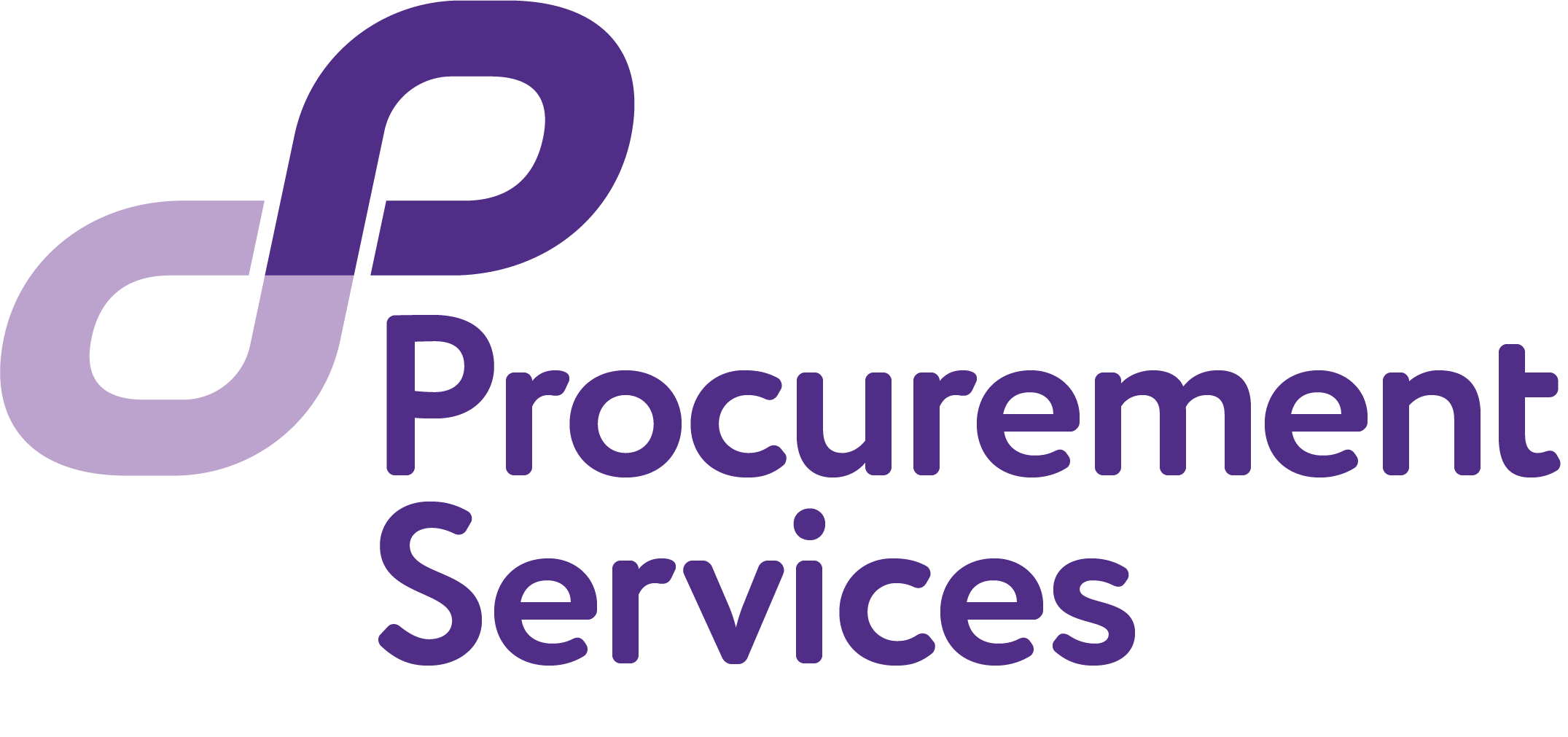
"We have historically been a Eurocentric company and we are on a journey to transform to a global provider of energy solutions."
E.ON are a highly successful business in the energy sector with a team of 62,000 people based across Europe, Russia, North America and in the emerging markets of Turkey and Brazil. As a Eurocentric brand, they are well recognised in this area, but when it comes to expanding globally, how do you ensure success in countries where your company has no resonance? And what role do HR need play in this growth process to make it effective?
E.ON’s strategy is simple; operating through local joint venture partners in emerging markets helps to develop profitable expansion. Currently in their third year of transforming their HR function, E.ON has become more globally focussed, rethinking their overall people strategy, "The historical models were outdated. My experience is that any company which embarks on global expansion has to grapple with their historical position whether it be fully centralised, fully de-centralised or somewhere in between."
Sue explains E.ON’s approach to designing their people strategy has been an 80:20 approach. "Firstly, there is a global people strategy owned by centres of competence in Düsseldorf delivering policy, tools and processes, and governance across the E.ON businesses, which respond to global megatrends in the markets where E.ON want to grow. The global megatrends we’re currently handling are:
- In the core market of Europe, economic growth is broadly flat at best.
- In Brazil, we have seen the "South American Tiger" technically fall into recession in the space of 12 months. Moreover, Brazil has a talent shortage of 68% - the second highest in the world compared to the global average of 35%. In the north of the country, youth unemployment is 50%.
- In Turkey, unemployment looks to run at an average of 8% up to 2020 and economic growth has stalled
- Turkey’s talent shortage is the fourth highest in the world. Youth unemployment is seeing a positive downward trend from 23% to 16% and Turkey is one of the lowest ranked countries in the world for gender diversity in the workplace.
- In Russia, 30% of graduates under the age of 25 do not have a full-time job and the average government salary is three times higher than the average salary.
The remaining 80% of the approach focusses around the way E.ON respond to local issues. This is via a local people strategy owned by the local HR teams, focused and aligned to the local business strategy.
Understanding their capabilities and strengths is key to E.ON’s successful development in emerging markets. As a Eurocentric brand, E.ON discovered that in some emerging markets, they had no real resonance. Where the expectation was that local talent would be drawn to working for a very well-known brand like E.ON, the reality in these emerging markets was different. This has led the business to decide to partner locally via joint ventures; deploying their excellent capabilities in engineering, construction and energy technology through an established local partner. Sue’s message to HR teams embarking on global expansion is, "…to be really clear about your core capabilities and how they can be deployed into the target market to deliver value."
As E.ON’s expansion has continued, "…the need to deliver an international outlook in our talents has become even more critical." Sue explains that E.ON found it more challenging than expected to move talent around. She shares an interesting insight into E.ON’s engineers, "One of the stark realisations we had was that our engineers were far less internationally mobile that we initially believed…Going to a power plant in the north of Brazil six hours away from the nearest town was not as attractive as our desktop analysis showed." In the short term, E.ON’s strategy to overcome this was to use temporary allowances. In the longer term, Sue explains how the talent acquisition strategy changed by hiring local talent rather than moving talent to local markets, "We also hired graduates from Costa Rica, Egypt, Tunisia and Turkey – an incredibly big shift for a German utility company."
E.ON now place greater emphasis on cultural flexibility and sensitivity having underestimated the cultural awareness needed for expats to establish themselves in developing markets. Sue shares that this was down to unpreparedness and to resolve this, E.ON now provides extensive cultural immersion to their expats. Aside from this, the expat policy has remained largely unchanged.
Sue explains that people at E.ON are expatriated to emerging markets for two main reasons; they are high potentials and the experience is critical to their career or they have key technical skills which are valuable in the market. With this in mind, the business has had to think carefully about not only how they integrate expats into their new location but also how they help them to return home – "Out of 50 expats we have only had one person who has looked to localize." Sue shares a valuable lesson the business has learnt around managing expectations of expats, particularly when some have been expatriated for their skills rather than potential, "We had some work to do to rethink how we reward this group when the historical promise of an accelerated career may not be what they or we want."
Finally, Sue shares some personal insight, "…what I have learnt as an HR professional working in these markets:
- Relationships are incredibly important
- Resilience and problem solving - nobody has all the answers
- Flexibility - lift and drop does not work in every environment
- Some simple things - travelling on 11 hour flights to South America and staying in hotels in places like Rio de Janeiro sound glamorous but...
- Experiencing different cultures and ways of working
- The bureaucracy of the country
- Challenging myself to think differently
- Be able to work alone
But I would not have missed it for anything!"











